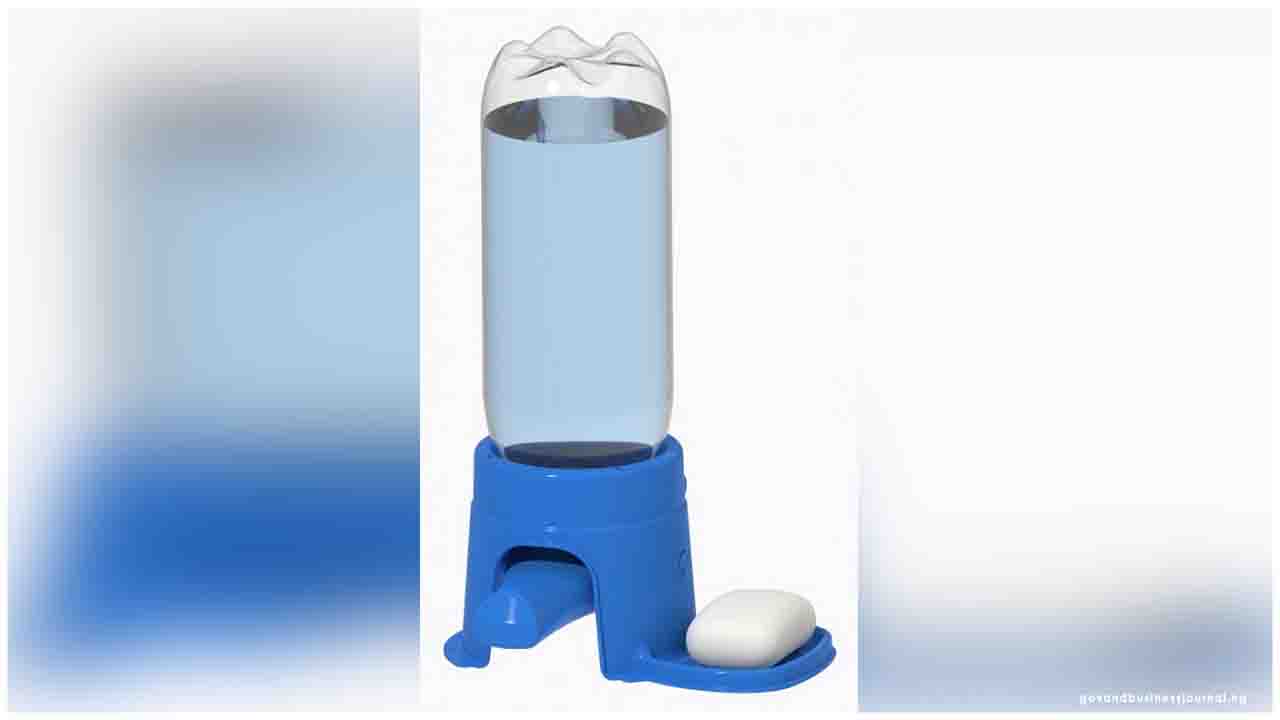SATO, LIXIL Group Corporation's social business that aims to solve water, sanitation, and hygiene problems by providing affordable and easy-to-install sanitation systems to local communities around the world, has today introduced its new handwashing solution called the 'SATO Tap'.
According to UNICEF, 40% of the world's population still does not have access to basic handwashing facilities at home. To address this immense challenge, LIXIL has committed USD 1 million in line with its promise to support the commitments of development partners and others, which could impact 5 million people with improved handwashing. This resonates with Prime Minister Narendra Modi's vision of an 'Atmanirbhar Bharat' ('Self-reliant India').
"The COVID-19 situation underscores the vast inequities in access to water, sanitation, and hygiene for households in Asia and globally. We know that washing your hands with soap is one of the effective interventions against disease transmission. By bringing SATO's design and engineering expertise, combined with global LIXIL support, we aim to accelerate this new handwashing innovation to market, making it available to households to reinforce handwashing behaviour change and to refine it for long-term offering in the SATO product portfolio," said Erin McCusker, Vice President & Head of SATO.
SATO has worked with partners during the design process, receiving valuable technical inputs and helping to validate the efficacy of the SATO Tap design which consists of a plastic base with a nozzle that can be fitted with widely available plastic bottles. It is compact and can be used both within the home and as a handwashing station at public facilities. The unique design ensures minimal contact between the user and the tap, thereby reducing the spread of disease, while the trickle action minimizes water use, meaning fewer refills while maintaining a solid flow of water.
In addition to providing an affordable handwashing facility to disadvantaged households through the SATO Tap, LIXIL's existing partnership with UNICEF will also expand activities in handwashing and sanitation in response to COVID-19. These activities range from the collection of commercial and behavioral insights to strengthen behavior change, joint advocacy to promote hygiene programming and maximizing existing public and private sector networks, and supply chains to expand access to handwashing.
"We know that one of the most effective ways to reduce the spread of diseases is to wash your hands. But for the poorest and most vulnerable children and families, the immediate risk of COVID-19 is compounded by a lack of basic handwashing facilities," said Kelly Ann Naylor, UNICEF, Associate Director, WASH. "This global pandemic has made it more essential than ever to work closely with governments and private sector partners, like LIXIL, to ensure handwashing is possible for all."
Speaking on the need for innovative hygiene solutions, Daigo Ishiyama, Chief Technology, and Marketing Officer SATO said, "We believe the SATO Tap will help advocate life-changing behavior. It will promote hygiene and reinforce handwash behavior change by mitigating risks while conserving water. Our vision is well-aligned with the Government of India's vision and priorities for its people in promoting hygiene and advancing SDG 6 by 2030."
The first SATO Taps will be manufactured in India and will be made available for partners in September 2020, with a ramp-up of production and retail availability through early 2021.

 First batch of the taps to be manufactured in India and regionally distributed, in line with the 'Atmanirbhar Bharat' vision
First batch of the taps to be manufactured in India and regionally distributed, in line with the 'Atmanirbhar Bharat' vision










.jpeg)











.jpg)








